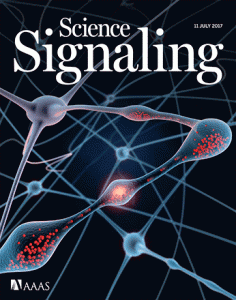A Science journal has issued an expression of concern over questions about the data in a paper reporting the discovery of an antibody that neutralized all COVID-19 variants in mice.
The article appeared in Science Immunology in August 2022 and has been cited 36 times, according to Clarivate’s Web of Science. The study lists 30 coauthors from Boston Children’s Hospital and Duke University. An article by Boston Children’s published at the time said the findings could “contribute to new vaccine strategies.”
According to the expression of concern, published November 21, the authors informed the journal of “potential data reliability concerns” with two of the figures. The journal is in the process of determining an “appropriate course of action,” the notice continues.
Continue reading COVID-19 paper by scientists at Harvard, Duke gets expression of concern for ‘unreliable’ data

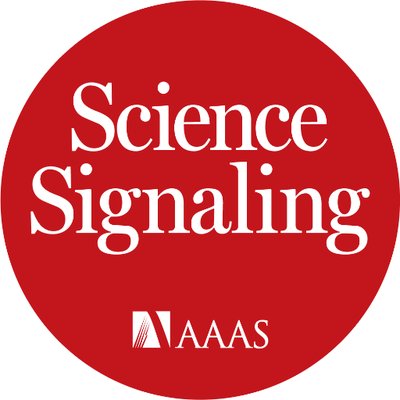


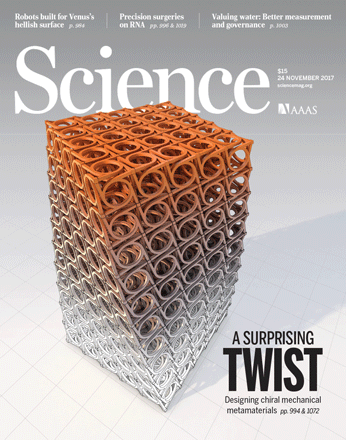

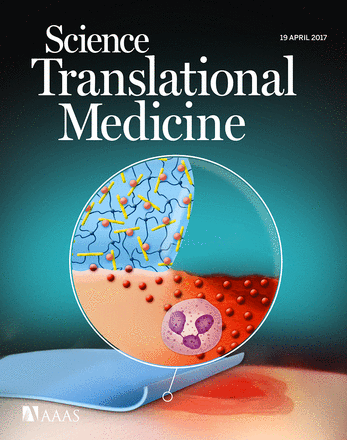 After a finding of data manipulation, the corresponding author of a 2014 paper by a team of researchers at Indiana University has retracted the work.
After a finding of data manipulation, the corresponding author of a 2014 paper by a team of researchers at Indiana University has retracted the work.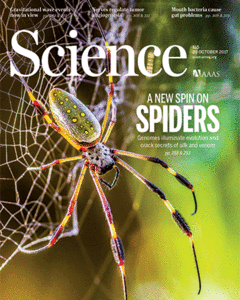 Science
Science